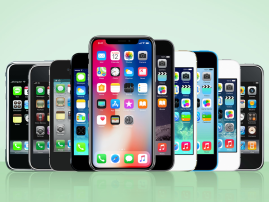Turn on, plug in, download your brain – could you use your grey matter as a hard disk?
Tom Cheesewright discusses a future where you could be walking around with a flash drive in your bonce. Sort of
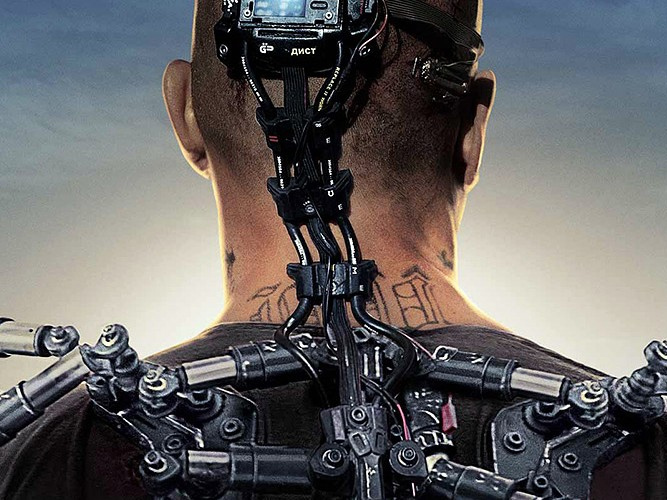
You wouldn’t want to store stuff in my head. There are thoughts in there that might corrupt your precious files. Plus my memory is atrocious: expect to get back anything you put in there riddled with holes. Yet the human brain as squidgy memory stick remains a popular plot device in science fiction.
In Elysium, Matt Damon’s hero Max has the digital keys to a space-based gated community burned into his brain, along with a security feature that will kill him when the data is downloaded (I won’t spoil the ending for you). Before that there was neural fed-ex man Jonny Mnemonic, played by Keanu Reeves in – quelle surprise – a terrible film of a good book. And of course everyone’s favourite Quaid in Totall Recall, who didn’t so much store data in his head as have his memory forcibly re-written.
Headaches
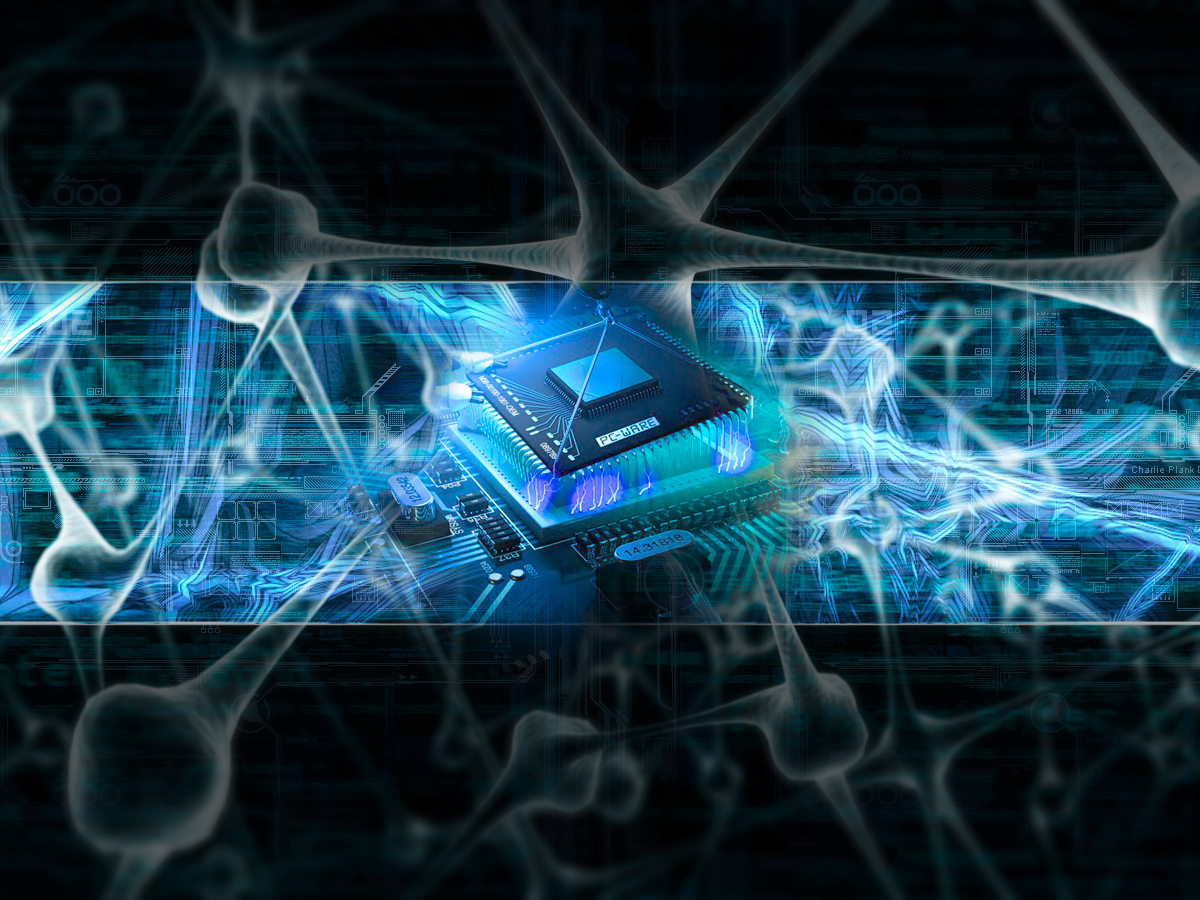
As all these films show, using the brain as ‘wetware’ storage is not a good thing. If someone doesn’t want that data getting out they will do anything to prevent it: infect you with a lethal counter-measure, cut your head off, or hook you up with a homicidal Sharon Stone/Kate Beckinsale (there have to be worse ways to die).
In reality we won’t be cramming our craniums with bits and bytes any time soon. Our current understanding of the human brain is roughly on a par with Jeremy Clarkson’s understanding of the internal combustion engine: we know it does good stuff, and we might even be able to name a few components. But don’t ask us to fix one, let alone modify it. We’ll just hit it with a big hammer.
The brain remains the most complex device we know of, with around 80 billion neurons, each one with tens, hundreds or even thousands of connections to the others. That means there are potentially hundreds of trillions of synapses, the connections between neurons in the brain. By comparison – albeit not exactly apples for apples – the most sophisticated silicon chip has just 2.5 billion transistors. That’s 100,000 times fewer.
Your Disk is Corrupt

Programming specific data into this hyper-complex machine would be difficult enough. Having it remain in a steady state to be read at a later date? That’s another thing altogether. Brains are not hard disks. Ones and zeros get a little wobbly when stored in flesh. What goes in as a photo might come out as an impressionist painting. MP3s would come back as karaoke covers. Spreadsheets? Code? Yeah, good luck with that.
We could, as Jonny Mnemonic does, choose to have some sort of storage device surgically implanted in our brains. These days there’s plenty of room in there for a micro SD card and a hookup to an external connector. 64GB should be plenty: that will store enough code to bring down a space station/corporation/government, plus Elysium and all the films mentioned here in HD. You might as well get a screen installed in your eyeballs while you’re at it, to pass the time while you wait for a hitman/psycho super-soldier/your fake wife to come and off you.
Big Brother
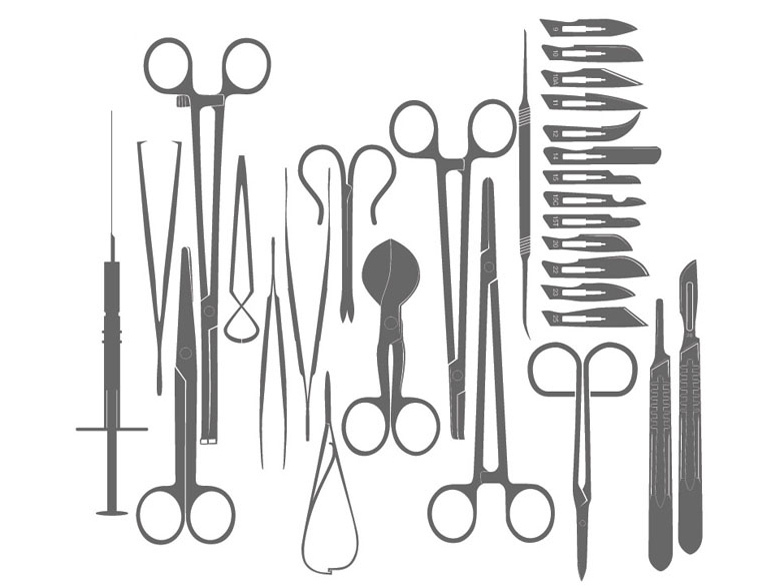
That said, I’m a little bit sceptical about the risk/reward ratio here. If you’ve got the files stored on something small enough to stash in any number of places around the body (let’s not think about this too hard) do you really need to stitch a USB socket on the side of your head?
In fact, why store files locally them at all? Why not just stick them in the cloud?
The answer of course is privacy and security. If someone said to me a couple of years ago that the government was intercepting all of our internet traffic, I would have assumed they were a conspiracy theorist who slept in a tinfoil hat. But as the saying goes, just because you’re paranoid, doesn’t mean they’re not watching. Just ask Quaid.
Sales of network-attached storage for the home was already growing in the double-digits every year, despite all the cloud hype. I wouldn’t be surprised if that figure shows a decent post-Snowden bump.
But I’m still not convinced it’s worth getting sliced up to keep my data safe. After all, upgrades would be pretty unpleasant. When I got my first MP3 player it came with a 32MB memory card. Yes, that’s an M not a G. If that thing was surgically implanted I’d have needed a lot of surgery between now and then. And I’m squeamish.
Tattoo Tech
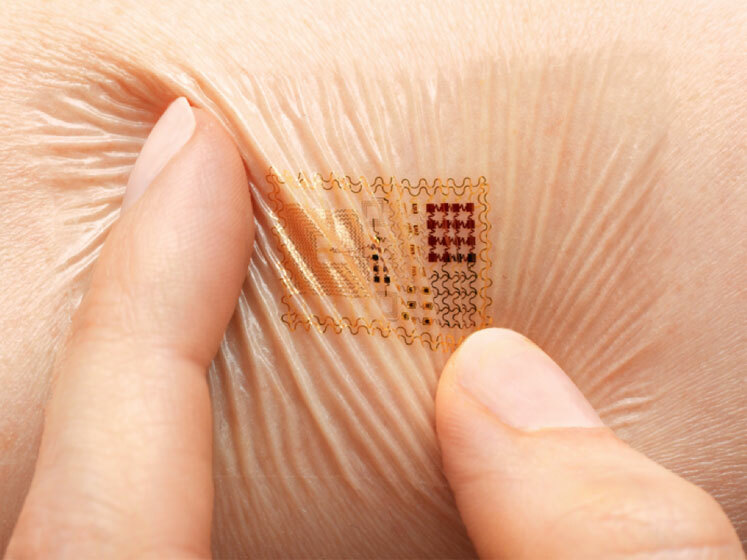
In the future no-one is going to need to have chips implanted under their skin or in their brain unless it is for medical reasons. The technology just doesn’t require it: we will find ways to interface wirelessly with our brains and nervous systems.
But that doesn’t mean people won’t choose to have themselves surgically upgraded. It will be like getting a tattoo: a matter of fashion and choice.
If despite everything I’ve said, you do choose to have your brain upgraded for storage, then please learn the lessons from these films: just be careful what you put in there.


